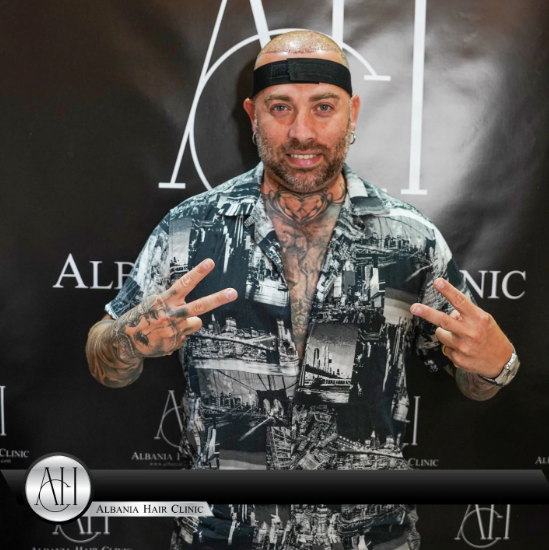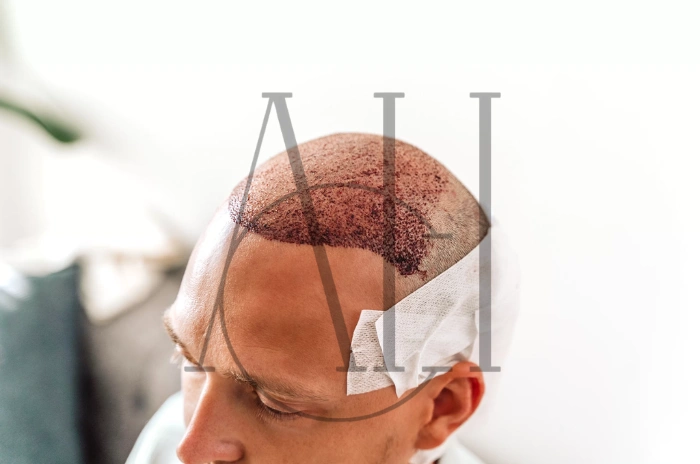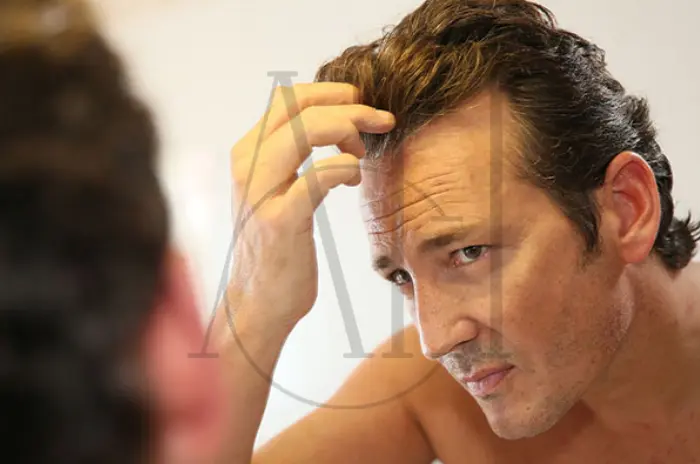Hair transplantation has come a long way in the past few decades, becoming a reliable and effective solution for individuals experiencing hair loss. One of the most frequently asked questions is how hair transplantation holds up over time, especially as we age. In this comprehensive guide, we delve into everything you need to know about hair transplants and aging. Whether you’re in your 30s considering the procedure or wondering if it’s too late in your 60s or 70s, this article will walk you through what to expect over the years.
Table of Contents
ToggleAge and Hair Loss
Hair Loss is a Natural Part of Aging
Hair loss is a universal phenomenon that often intensifies with age. While some men begin to lose hair in their early 20s, others may retain a full head of hair well into their 50s or beyond.
Genetic and Hormonal Influences
The most common form of hair loss, androgenetic alopecia (male or female pattern baldness), is heavily influenced by genetics and hormones. As we age, hormonal changes, particularly fluctuations in dihydrotestosterone (DHT), contribute significantly to hair thinning and loss.
Hair Thickness Change
Natural Thinning with Age
Regardless of whether you undergo a transplant or not, the natural aging process affects hair thickness. Even transplanted hair may experience minor thinning over decades, although it typically holds better than non-transplanted areas.
Scalp Health and Density
With age, the scalp can become less nourished due to reduced blood flow, contributing to decreased hair thickness and density. This makes ongoing scalp care vital post-transplant.
Hair Loss in Your 30s and Beyond
Early Signs of Hair Loss
Many individuals first notice hair thinning or receding hairlines in their 30s. This is a critical period when interventions, including medications and transplants, can be most effective.
Progression in the 40s, 50s, and 60s
Hair loss typically becomes more pronounced in the 40s and continues to progress with age. However, many patients in their 50s and 60s undergo successful transplants with long-lasting results.
The Optimal Age for a Hair Transplant
Understanding the “Sweet Spot”
The ideal age for hair transplantation is usually between 30 and 45. At this stage, the pattern of hair loss is often more established, and there’s enough donor hair to ensure good coverage.
Albania Hair Clinic – Trapianto Capelli in Albania (@albaniahairclinic)’in paylaştığı bir gönderi
Factors to Consider Before Hair Transplant Surgery
Stability of Hair Loss
If your hair loss is still rapidly progressing, it may be advisable to wait. A stable hair loss pattern ensures that the results of the transplant are more predictable and sustainable.
Donor Area Health
A healthy donor area, typically the back and sides of the scalp, is crucial for a successful transplant. Age can affect the density of this area, making early consultation important.
Lifestyle and Health Conditions
Chronic conditions like diabetes, high blood pressure, or lifestyle choices such as smoking can affect the healing process and outcomes of the transplant.
What Should Be the Age of Hair Transplantation?
Evaluating on a Case-by-Case Basis
There’s no universal answer. While age is a factor, the decision should be personalized, considering hair loss progression, expectations, and medical history.
Minimum Age for a Hair Transplant Surgery?
Setting Realistic Expectations for Younger Patients
It is generally recommended that patients be at least 25 years old. At this age, the pattern of hair loss is more predictable. Performing a transplant too early may result in unnatural patterns as hair continues to recede.
Longevity of Transplanted Hair at a Young Age
Does It Last Forever?
Transplanted hair, taken from DHT-resistant areas, tends to last a lifetime. However, the surrounding native hair may continue to thin, so further treatments might be needed over time.
Maintenance Over Time
Regular use of medications like finasteride or minoxidil, and follow-up treatments like PRP therapy, can help preserve results.
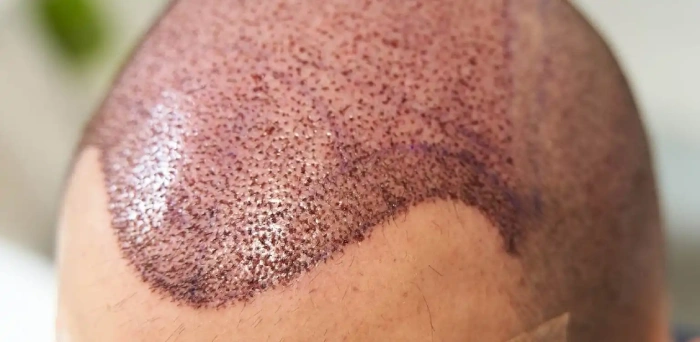
Ideal Age for Hair Transplantation
The 30s and Early 40s Advantage
This age range offers the best balance between donor hair quality, established hair loss patterns, and realistic expectations.
Emotional and Psychological Readiness
Patients in this age range often have a mature perspective and clearer goals, leading to higher satisfaction rates post-surgery.
What Age Should You Consider Getting a Hair Transplant?
Recognizing the Right Time
When hair loss is affecting your confidence and you’ve explored other treatments without success, it may be time to consider transplantation. A consultation with a specialist can help determine readiness.
Is Hair Transplantation Preferred for Elderly People?
Growing Trend Among Older Adults
More men and women in their 60s and even 70s are opting for hair transplants. Improved techniques and safer procedures have expanded the age range of suitable candidates.
Health Over Age
A healthy 70-year-old may be a better candidate than a younger individual with uncontrolled medical conditions.
Anti-Aging Through Hair Transplantation
More Than Just Hair Restoration
Hair transplants can have a profound impact on a person’s appearance, often taking years off their perceived age. A fuller hairline can enhance facial symmetry and youthfulness.
The Impact of a Hair Transplant on Estimated Age
Perceived Youthfulness
Studies and surveys show that individuals with restored hairlines are often perceived as significantly younger than their actual age. This can have social and professional benefits.
Before-and-After Transformations
Countless patients report looking 5 to 10 years younger post-surgery, thanks to improved hair density and natural hairline design.
Do You Want to Look 10 Years Younger?
Psychological Boost
Hair restoration can boost self-esteem and mental well-being, making individuals feel younger and more energetic.
Lifestyle Enhancements
Many patients report renewed confidence in social interactions, romantic relationships, and professional settings after their transplant.
Do Hair Transplants Work for Older Men?
Yes, But with Considerations
Older men can benefit greatly from hair transplants, especially if they have realistic expectations and good donor hair.
Planning the Hairline
A more conservative hairline design is often preferred for older patients to match natural aging and avoid looking unnatural.
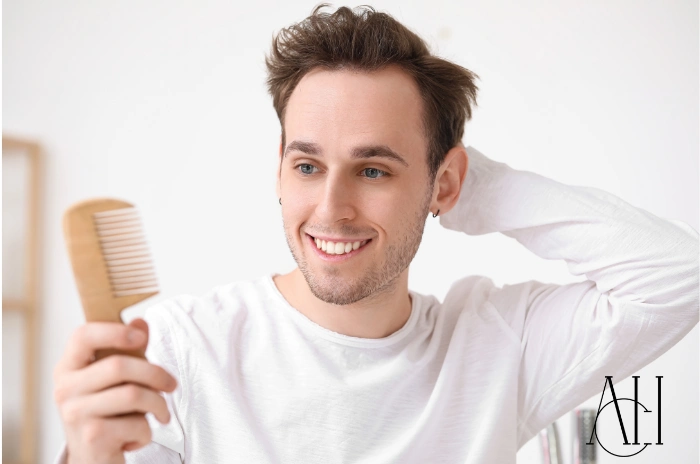
Maximum Age for Hair Transplant
No Official Cut-Off
There is no maximum age limit, but candidates must be in good general health and have a sufficient donor area.
Pre-Surgical Evaluations Are Key
Thorough health assessments and consultations are essential for elderly candidates to ensure safety and optimal results.
Does Transplanted Hair Go Grey?
Aging Hair, Naturally
Yes, transplanted hair can turn grey over time, just like your original hair. However, the color change does not affect the quality or viability of the hair.
Greying vs. Thinning
It’s important to note that while greying is natural, it does not mean hair is falling out. The hair remains, albeit in a different hue.
Hair transplantation is a transformative procedure that can offer lifelong benefits. Whether you’re just beginning to notice thinning or you’re well into your senior years, it’s never too early or too late to consider your options. The key lies in personalized evaluation, realistic expectations, and long-term maintenance. Age is just a number, but your confidence and self-image are timeless.
If you’re considering a hair transplant, consult with a certified hair restoration specialist to determine the best plan for your age and hair loss condition. Embrace your journey with confidence and look forward to the years ahead—with fuller, healthier hair.
What is the best age to get a hair transplant?
The ideal age is usually between 30 and 45, when hair loss has stabilized enough to plan a long-lasting, natural result.
Is there a maximum age limit for hair transplant surgery?
There’s no fixed age limit. Even people in their 60s or 70s can have successful results if they’re healthy and have good donor hair.
Will transplanted hair turn grey as I age?
Yes, transplanted hair will grey over time, just like your natural hair. It ages normally but stays permanent.
Can younger people get hair transplants?
While possible, it’s better to wait until around 25 so the hair loss pattern is more predictable.
Do hair transplants make you look younger?
Yes, restoring hair can make you look significantly younger and boost your confidence.

